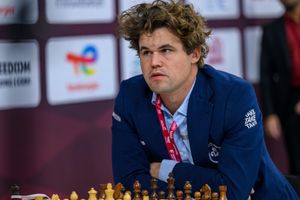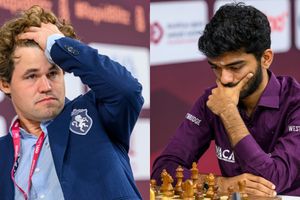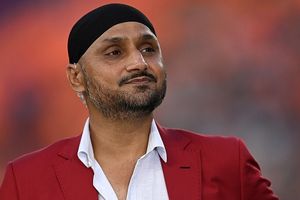D Gukesh, the reigning World Chess Champion, recently shared his thoughts on the complexities of Freestyle Chess, admitting that even for a player of his caliber, adapting to this format has proven to be a formidable challenge. Gukesh, 18, opened up about his experience following a tough outing at the Paris leg of the Freestyle Chess Grand Slam Tour 2025.
The Paris leg of the Freestyle Chess Grand Slam came to a close this week, with Magnus Carlsen emerging as the champion. Gukesh had a promising start, securing victories over notable players such as Arjun Erigaisi, R Praggnanandhaa, and Vincent Keymer in the round-robin stage. However, his journey was cut short when he was defeated by Richard Rapport in the 9th-12th place playoff, ultimately finishing 11th in the final standings.
Gukesh’s Insights on the Difficulties of Freestyle Chess
Reflecting on the challenges of Freestyle Chess, Gukesh explained that while all players are capable of calculating tactics, the real difficulty lies in evaluating positions accurately. He mentioned that although some positions and ideas are similar to those in standard chess, they are not exactly the same, which can often lead to incorrect intuitions.
"The most challenging part for me in Freestyle Chess is that everybody can calculate and see tactics. But evaluating positions correctly, that is the most challenging, at least for me," Gukesh said in an interview with Chess.com. He went on to explain that even experienced players can struggle with this aspect, especially considering the randomness of the starting positions in Freestyle Chess.
"Something which we think is good might not actually be good. Our intuition is simply not always correct in Freestyle," Gukesh added.
The Challenge of Randomness in Freestyle Chess
Gukesh further elaborated on how the unpredictable nature of Freestyle Chess adds another layer of complexity. Unlike traditional chess, where players are familiar with standard positions and have a good understanding of strategic moves, Freestyle Chess forces players to calculate and evaluate far more variables. "There is much more to calculate here than in standard chess," Gukesh explained. "In standard chess, you see three or four options you know are good and you calculate. Here you just don’t know which ones are the good moves."
He acknowledged that some players, like Magnus Carlsen and Vincent Keymer, seem to have a natural feel for the positions and where the pieces should be placed. "Maybe the players who have this kind of feeling for where the pieces belong, like Magnus or Vincent, not everybody has that," Gukesh concluded.
Freestyle Chess Paris Leg: Final Standings
1. Magnus Carlsen – Champion
2. Hikaru Nakamura – Runner-up
3. Fabiano Caruana
4. Vincent Keymer
5. Arjun Erigaisi
6. Maxime Vachier-Lagrave
7. Ian Nepomniachtchi
8. Nobirdek Abdusattorov
9. R Praggnanandhaa
10. Richard Rapport
11. D Gukesh
12. Vidit Gujrathi
Despite a difficult tournament, Gukesh’s insights into Freestyle Chess highlight the ongoing learning process for even the most accomplished players in the world.
ADVERTISEMENT










